Teaching
Courses
Courses Taught at California Lutheran University
Introduction to Ecology and Population: This course is an introduction to the history of evolutionary thought and the mechanisms of evolution, including species formation and the use of phylogenetic information. Diversity of living organisms, from prokaryotes to advanced multicellular organisms, will be discussed with an emphasis on evolutionary relationships. The principles of population and community ecology will be treated. Ecosystems and the environmental impacts of human activities will also be discussed.
Environmental Ecology: A study of ecology with emphasis on humans and the environment. Problems such as overpopulation, food production, water and air pollution, the energy crisis and toxic waste disposal are discussed; their possible solutions are considered along with the social, political and economic ramifications.
Intro to Metabolism and Dev: This course introduces the structure and function of biomolecules, energy flow in a cellular context, mechanisms of heredity, the expression of genetic information and the means by which genes encode developmental programs. It will be seen that genetics and development are part of a continuous process and that the genetic mechanisms and developmental patterns of living organisms reveal a fundamental kinship of life on earth. Genetics as a tool for the study of biological problems will be introduced, as will some current topics in genomic research and biotechnology. Students willing to explore these topics in greater detail are referred to upper division courses in Genetics, Macromolecular Structure, Developmental Biology, Cell Biology and Molecular Biology.
Biochemistry: The structure and function of proteins is covered, along with the structure, function, and metabolism of carbohydrates, lipids, and amino acids. Regulation of proteins and metabolism is emphasized (add more??)
Genomics: This course introduces students to genomics through participation in research projects, including sequence improvement of a genome and the annotation of genes in a genome. Various computer analyses will be used for these projects.
Scientific Literature: An introduction to scientific literature. In this three-unit seminar course, students read scientific papers and analyze the works of other scientists.
